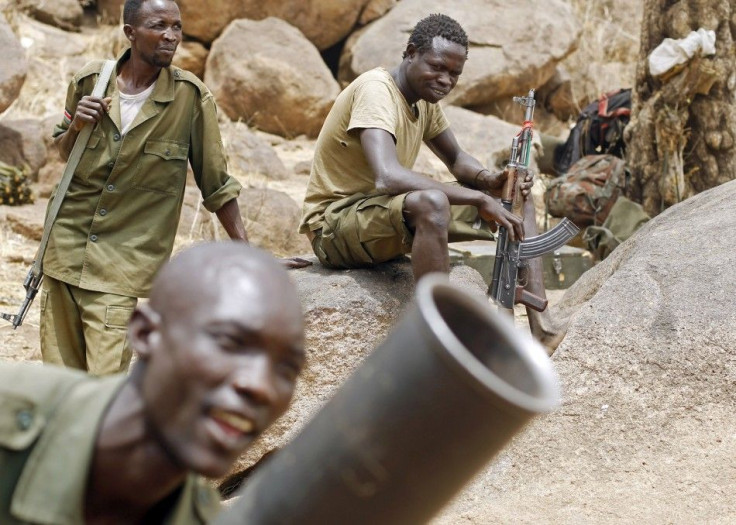Sudan And South Sudan In Talks Once Again, Amid Ongoing Conflict

Representatives of Sudan and South Sudan met on Tuesday in Addis Ababa, Ethiopia, to begin a new round of peace talks mediated by the African Union.
Under a deadline imposed by the United Nations Security Council in April, the governments of South Sudan and Sudan were given three months to finish negotiations regarding their mutually contested borders and disagreements over oil revenues.
The discussions began on Tuesday; so far, there is no clear end-date. Security will be a foremost concern, said Sudan's Ministry of Foreign Affairs spokesman Al-Obaid Adam Marawih to the Sudan Tribune, arguing that no discussion can go forward without first addressing recurring violent conflicts between the two nations.
We are prepared to look at other issues, but we accord priority to the security dossier because, in our view, it is the right gateway to restoring trust between the two countries, he said.
Ever since Sudan gained independence in 1956, its northern and southern regions have engaged in conflicts with one another. Following years of civil war, the south officially withdrew in July of 2011, becoming the new nation of South Sudan and setting up its own government in the city Juba. Sudan's seat of government remains in the capitol city of Khartoum.
Unfortunately, this agreement did not facilitate a peaceful co-existence.
The population of Sudan is mostly Muslim, while South Sudan is mostly Christian. This simplistic distinction does not begin to explain the conflict between the two countries -- it does, however, give both Khartoum and Juba the rhetorical ammunition to rally each populace against the other as needed. Al Jazeera reports that Khartoum has used the language of jihad to mobilize public opinion against South Sudan, and Juba has in turn seized on that inflammatory rhetoric to justify its own aggressions against Sudan.
Today, the ongoing contention stems not from religious division but from economic inter-dependency. In both countries, poverty is rife despite an abundance of natural resources. Oil, a resource that could have become a source of shared revenue to fuel stalled economic development, has only complicated the volatile relationship between Sudan and South Sudan.
South Sudan seceded last year with the vast majority of oil fields, but Sudan retains the pipelines to turn the resource into a marketable commodity. Each country needs the other, but has insisted on using its assets for leverage rather than cooperation.
Following months of border clashes and escalating brinkmanship, South Sudan stopped pumping crude oil altogether this January. The decision stunned the international community and devastated South Sudan's own economy, cutting off 98 percent of revenue and forcing residents to live with stringent austerity amid rising costs of food, fuel and other necessities.
Meanwhile, the disputed border between the two countries remains hazy for a number of reasons: displaced persons on both sides, contested territorial claims that have never been fully resolved, and seasonally migrating tribes that habitually cross from Sudan to South Sudan and back again.
The countries had been working to resolve their conflicts and establish a working relationship, but talks broke down in April when South Sudanese troops occupied the oil-rich region of Heglig, claiming the area as their own. The territorial skirmish turned into the bloodiest battle between Sudan and South Sudan since their split in 2011. After 10 days of conflict, Heglig was retaken by the north.
Tuesday's meeting in Addis Ababa will be the first attempt to re-start a working dialogue since that violent clash. Though the talks represent an opportunity for productive cooperation, they will be overshadowed by recent claims of aggression; South Sudan accused Sudan of engaging in cross-border air strikes and long-range artillery fire on Monday. Sudan denies those allegations and has accused its neighbor of similar incursions, according to Agence France-Presse.
Sudan did, however, promise to withdraw its troops from the heavily contested Abyei region on the border between the two countries. Though this gesture does not resolve the ongoing stand-off over the Abyei territory, it may set the stage for constructive talks in Addis Ababa.
As South Sudan President Salva Kiir said to AFP ahead of Tuesday's meeting, Amicable dialogue on the outstanding issues with Khartoum is the only option for peace.
© Copyright IBTimes 2025. All rights reserved.






















